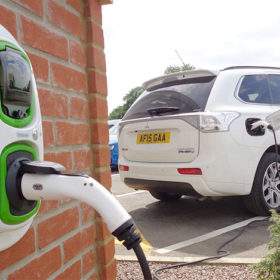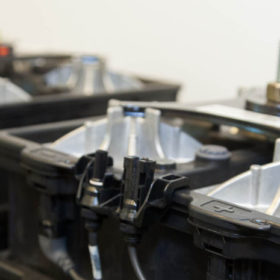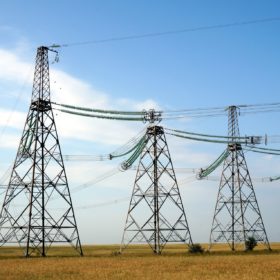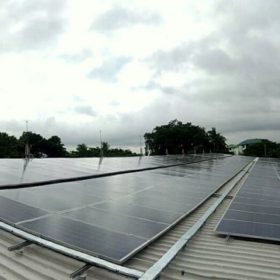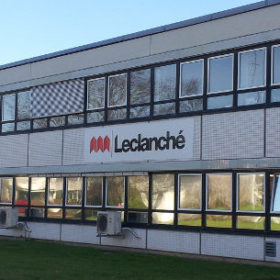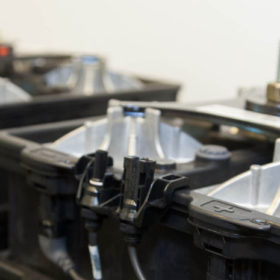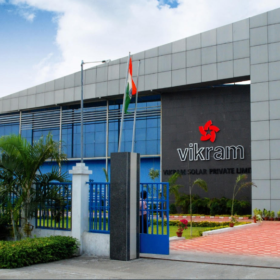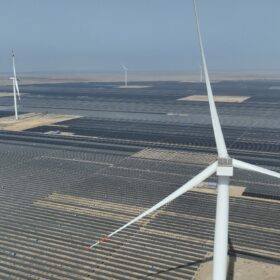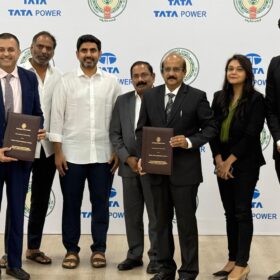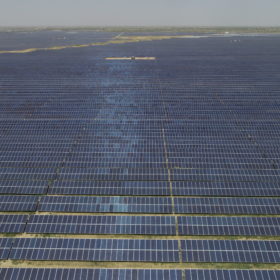Delhi to get 131 EV charging stations in 3 months
While these electric vehicle (EV) charging facilities will mainly come up at CNG and petrol pumps, 33 are planned for Metro Stations as well, in addition to one each in the parking area at Indira Gandhi International Airport and Jamia Millia. These are likely to become operational within three months.
Norway to install wireless charging system for taxis at stands
Finnish clean-energy company Fortum, in cooperation with US-based inductive charging specialist Momentum Dynamics, will install induction-based infrastructure to allow for wireless charging up to 75 kilowatts.
Tata Chemicals signs MoU for ISRO’s lithium-ion cell technology
Under this MoU, Indian Space Research Organisation (ISRO) would transfer the technology to Tata Chemicals so that it may manufacture lithium-ion cells of varying capacity, size, energy density and power density—catering to a wide spectrum of power storage requirements.
FAME-II: Inter-ministerial panel set up for electric mobility projects
The committee is constituted for overall monitoring, sanctioning and implementation of the scheme, according to an order of the Department of Heavy Industries.
The big read: Equipment suppliers’ solar storage synergy
As lithium-ion battery sales boom, suppliers of equipment for manufacturing photovoltaics are branching out into the storage industry. Are these ventures leading them to bankruptcy or to a breakthrough in storing solar energy?
Tata Power-DDL to implement smart grid pilot with European backing
Tata Power Delhi Distribution Limited (Tata Power-DDL) has partnered with European firms Enedis, Schneider Electric, Odit-e and VaasaETT to implement a 1MW smart grid pilot in India, which would be insulated from any blackout in the main grid.
BYPL commissions solar microgrids with storage batteries
Power discom BSES Yamuna Power Limited (BYPL) has set up four such microgrids at its offices in East Delhi. These microgrids will combine rooftop solar with lithium-ion-based battery energy storage systems.
Cabinet approves five-year plan for EV battery manufacturing
Aiming to localize production across the electric vehicle value chain, the government will support battery manufacturing at a gigawatt-scale. The initial focus will be on large-scale module and pack assembly plants by the next fiscal year, followed by integrated cell manufacturing by 2021-22.
Exide JV partner gets a big boost ahead of Li-ion battery operations in India
The revenues of Switzerland-based Leclanché have increased more than 2.5 times to exceed CHF 47 million in 2018 compared to CHF 18 million in 2017.
Andhra Pradesh gets fresh Lithium battery investment worth Rs 3400 crore
Following New Delhi based Urja Global, Singapore-based Ojovati and another Delhi-based company Avanze Inventive have signed memorandums of understanding (MoUs) for manufacturing of Lithium-ion cells and batteries in the state, respectively.
